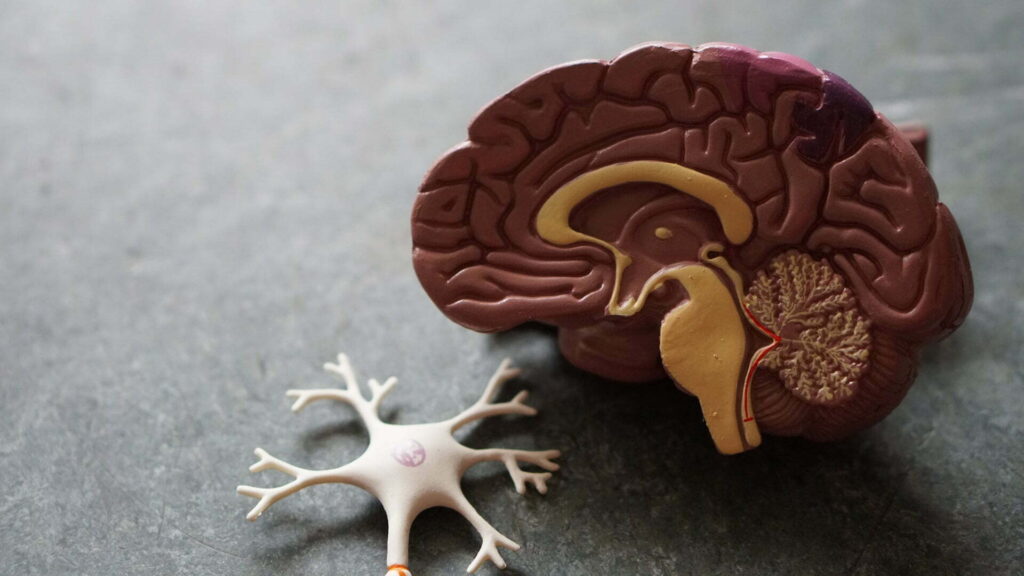Dihexa Peptide, Cognitive Miracle Worker?
Holy Grail Smart Compound Finally Here? Introducing Dihexa
Dihexa peptides are being studied for their potential to help repair cognitive function. So far, research has shown dihexa to be effective in improving memory and learning in animal models of Alzheimer’s disease and other forms of dementia. Human studies are still needed to confirm these effects, but dihexa peptides hold promise as a treatment for cognitive decline.
Dihexa peptides work by modulating the levels of important neurotransmitters in the brain. These neurotransmitters are involved in memory, learning, and other cognitive functions. By regulating their levels, dihexa peptides can help to improve cognitive function.
There are several dihexa peptides being studied for their potential to treat cognitive decline. These include dihexa-7, dihexa-9, and dihexa-12. Each of these peptides has a different effect on the brain, so it is important to choose the right one for each individual researcher.
Dihexa peptides are a promising new treatment for cognitive decline. However, more research is needed to confirm their efficacy and safety.

How Does Dihexa Work?
Dihexa is a nootropic, or cognitive enhancer. It is an orally-active first-in-class compound that passes through the blood-brain barrier and enhances both memory consolidation and retrieval.
The mechanism of action for Dihexa is mainly due to its ability to increase levels of neurotrophic factors, such as brain derived neurotrophic factor (BDNF) and nerve growth factor (NGF). These two neurotrophic factors play an important role in neuronal survival, synaptic plasticity, and memory formation.
In addition, Dihexa also promotes the production of new synapses. Synapses are the connection points between neurons and are essential for communication within the brain. The compound helps to form new functional synapses, which facilitate augmentation of synaptic connectivity. This is important not just for memory issues, but also for motor dysfunctions.
Dihexa is a promising new compound that holds great potential for the treatment of cognitive decline. Its mechanism of action is unique and offers a novel approach to treating this debilitating condition.
Dihexa , Possible Treatment for Parkinson’s Disease
Dihexa is a hepatocyte growth factor activator that is being investigated for its ability to prevent the development of Parkinson-like symptoms in a pre-clinical model of Parkinson’s disease. Motor function and nerve cell health will be monitored.
Next, researchers will determine whether Dihexa is capable of restoring motor function in pre-clinical models that are already exhibiting motor deficits.
This research is in its early stages, but dihexa peptides hold promise as a treatment for Parkinson’s disease.
Dihexa May Reverse Neurological Damage Induced by Alzheimer’s Disease
Dihexa is a neuropeptide that is being studied for its ability to reverse neurological damage induced by Alzheimer’s disease. Alzheimer’s disease is a degenerative brain disorder that causes cognitive decline and dementia. It is the most common form of dementia, accounting for 60-80% of all cases.
Alzheimer’s disease is characterized by the buildup of amyloid plaques and neurofibrillary tangles in the brain. These plaques and tangles damage and kill neurons, leading to cognitive decline.
Dihexa has been shown to reduce the levels of amyloid plaques and neurofibrillary tangles in the brain. In addition, dihexa also increases levels of important neurotrophic factors, such as brain derived neurotrophic factor (BDNF) and nerve growth factor (NGF). These neurotrophic factors play an important role in neuronal survival, synaptic plasticity, and memory formation. Dihexa is a promising new compound that holds great potential for the treatment of Alzheimer’s disease. Dihexa May Reverse Neurological Damage Induced by Alzheimer’s Disease. Alzheimer’s disease is a degenerative brain disorder that causes cognitive decline and dementia. It is the most common form of dementia, accounting for 60-80 % of all cases.



